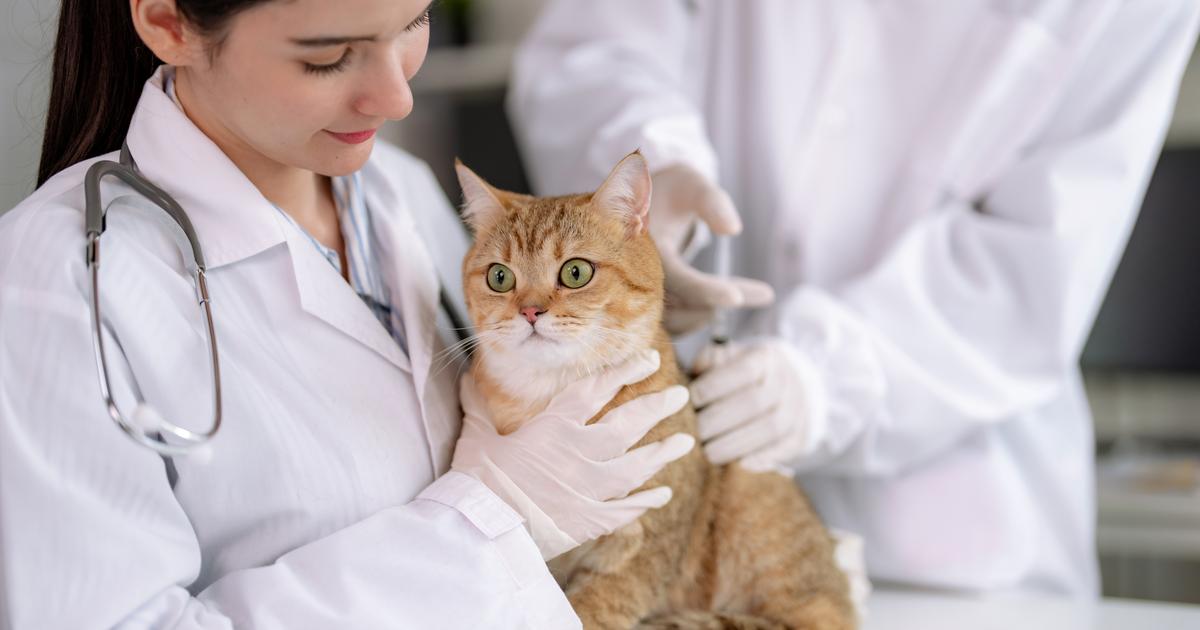It is preferable that your pet, dog or cat, is up to date with its vaccinations.
Our explanations.
To discover
February: what vegetables and fruits are in season?
Why should you vaccinate your pets?
Vaccinating dogs and cats is a reflex that helps protect them from many diseases.
Regardless of the animal's age or habits (in particular living outdoors a lot), the vaccine drastically reduces the risk of infection and transmission and boosts the immune system.
To designate them, veterinarians use the term valences rather than vaccines.
Today, the most widely used animal vaccines are those against rabies, coryza, feline typhus, distemper and even parvovirus.
But as with human vaccines, several injections are necessary for the product to be effective.
There is therefore a primary vaccination as well as boosters to be carried out on a regular basis.
Also read: What vaccinations are required for cats?
Why does my dog/cat need to receive multiple vaccination boosters?
Is this obligatory?
For all so-called essential valences, that is to say the diseases against which all animals must be protected, the vaccine booster is essential.
It is even more so in the first year of the dog or cat's life.
In fact, the booster helps strengthen the animal's immune system.
Young animals as well as older ones, more fragile due to the lack or weakening of immune defenses, therefore need this booster to stay in good health.
Recalls are also important for all animals that live a lot outdoors, as they are exposed to more risks.
However, in France, vaccination of a pet is not compulsory.
Except for the purpose of adoption and to limit the transmission of diseases such as rabies to humans, each owner is therefore free or not to respect the vaccination schedule recommended by the veterinarian.
Late vaccine booster, is it serious?
If the delay does not exceed a few days or weeks, there is no risk to the animal's health.
However, it is recommended not to exceed a month's delay if a vaccine booster is prescribed by the veterinarian.
Indeed, the dog or cat's immune responses may weaken after this time and the vaccine will then become ineffective.
However, respecting the indicated deadlines is strongly recommended if the animal is sick, elderly or has fragile health.
Delay in vaccine booster can also be dangerous for puppies and kittens.
The protection provided by the vaccine decreases very quickly in the youngest: the booster is therefore there to strengthen it and better protect the animal for years to come.

